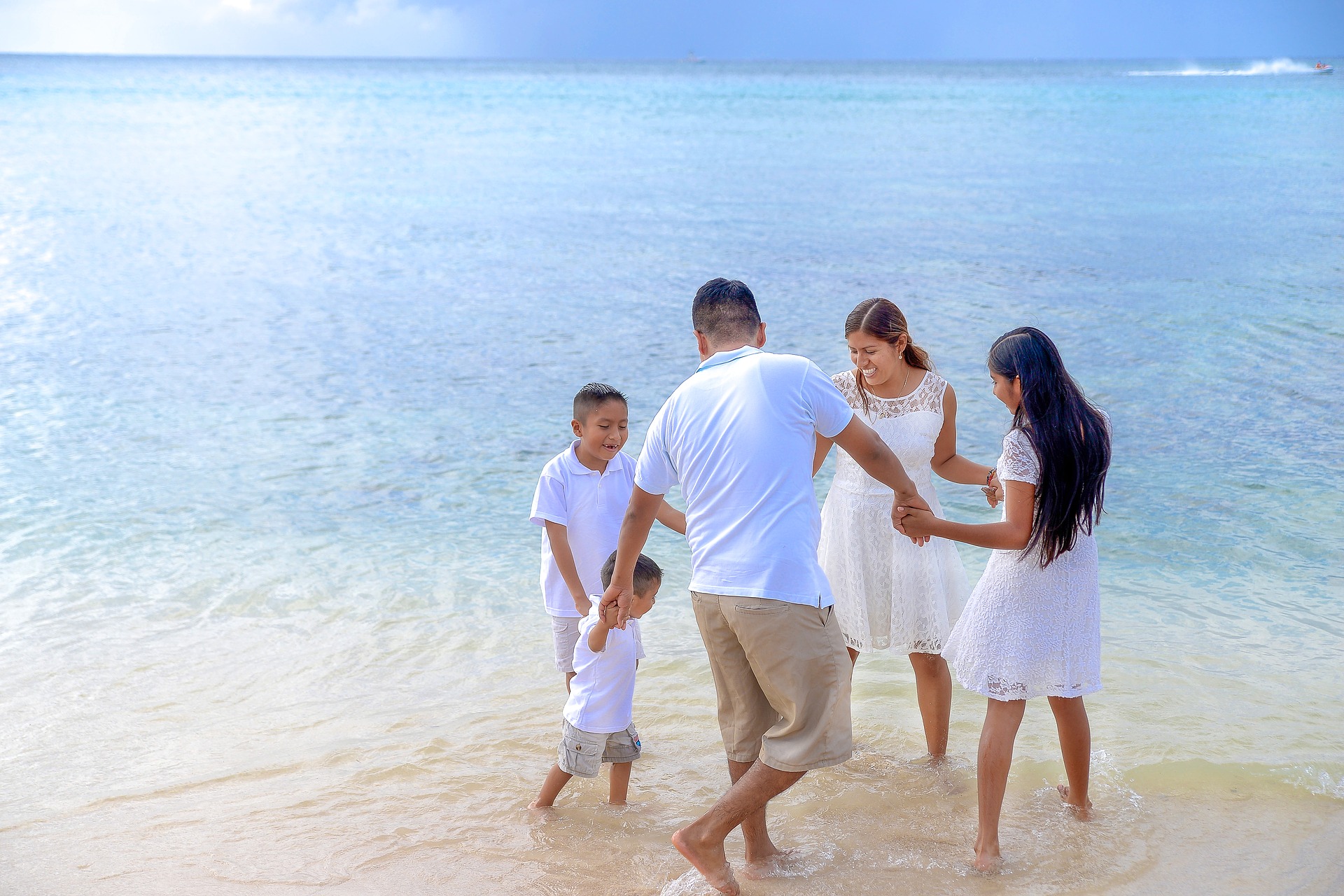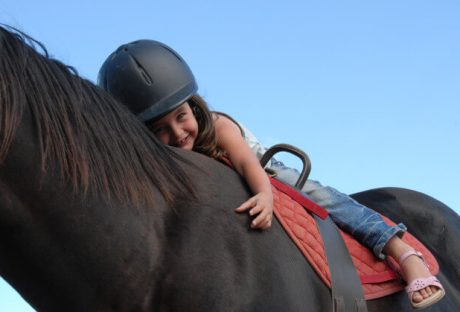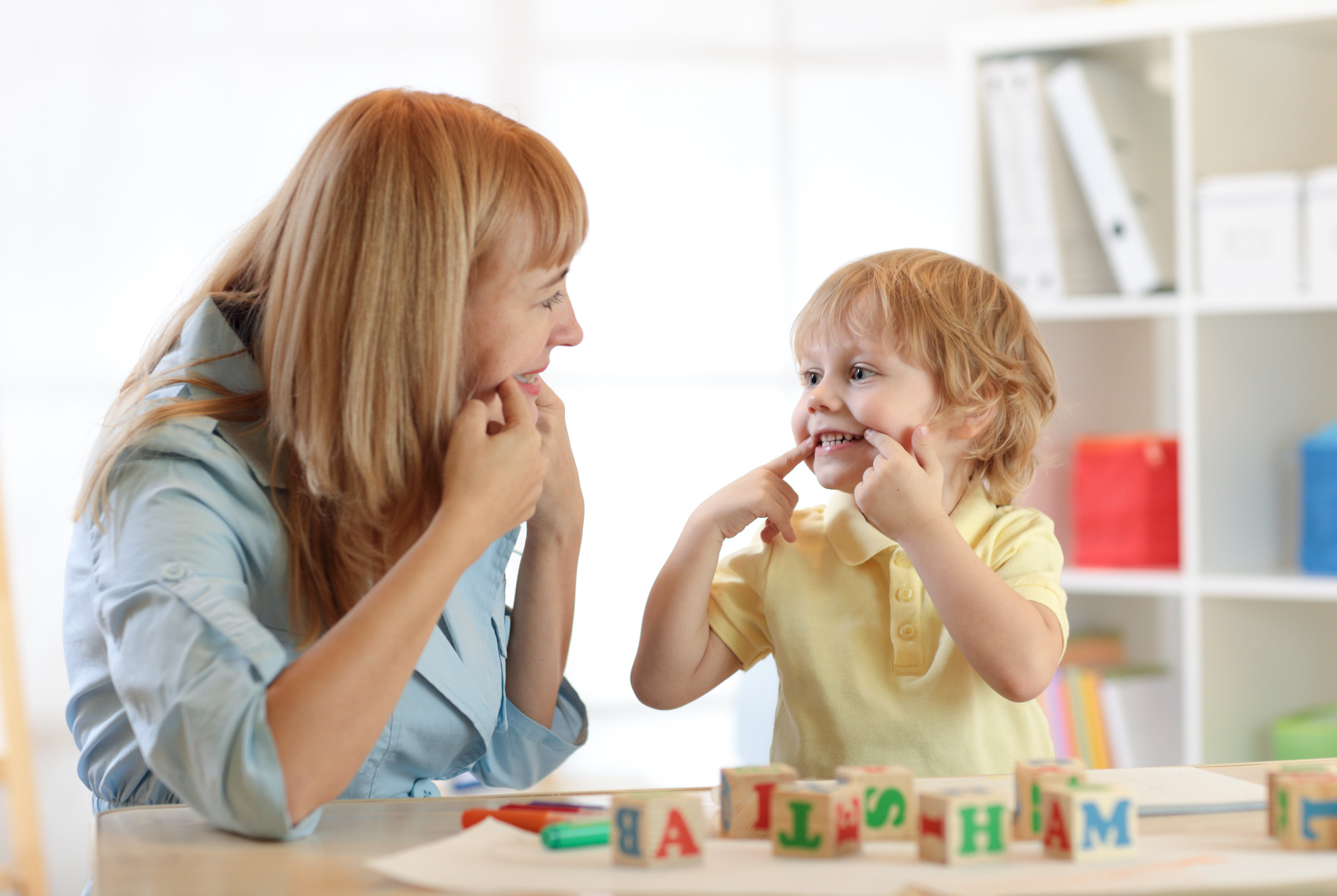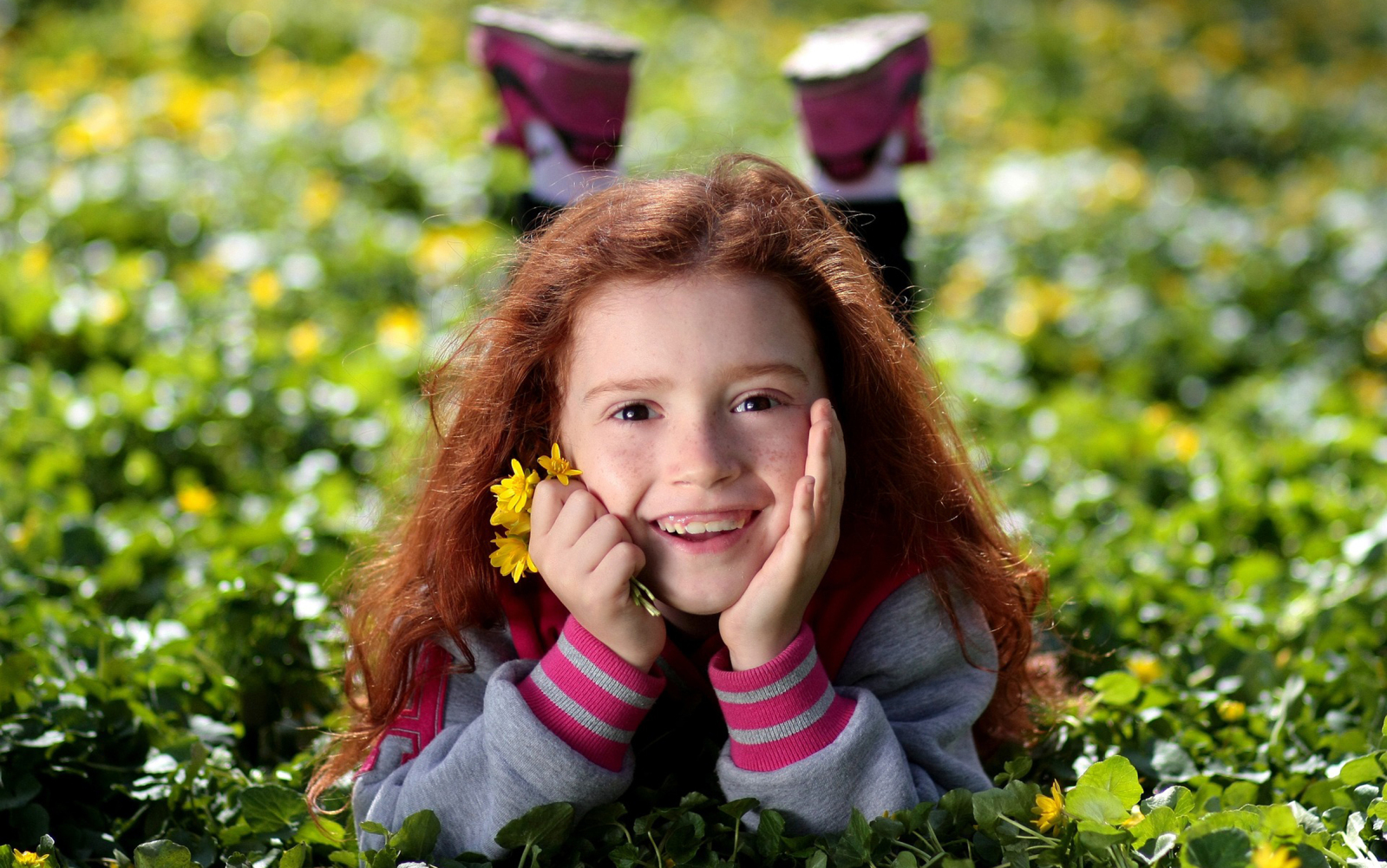Children, particularly under ten years of age, require more attention from their parents. Your child may like to watch TV or play indoor games all day but you have to make it to the outdoors. This is because doing regular outdoor activities keeps your child fit and healthy. Also, it enhances your child’s creativity and thinking ability. It is crucial for optimal physical and cognitive development.
Here are seven simple yet fun-filled outdoor activities which your child can perform regularly to play healthily:
1. Draw with Colorful Chalks:
Kids find colorful chalks very attractive and like to draw with them whenever they get the chance. So, you can take them outside the home to some muddy area where they could draw with different chalks. It’s a simple yet fun-filled activity which can also make your child more creative. Adding to it, they can learn various new things while drawing freely with chalks. In case you don’t find any nearby muddy area, you can use a mini blackboard for the same purpose. Moreover, doing any activity outdoor increases levels of creativity of your child. Therefore, you must take your child to a nearby park or garden for this purpose.
2. Play With Hula Hoop:
Playing with hula hoops in the outdoors is an absolute fun especially for your child who is under ten years of age. On top of that, it’s a playful way to keep your child physically active and hence healthier. You can take your child to a garden or a nearby playground for playing hula hoops.
3. Get an Electric Scooter:
Riding an electric scooter is the simplest way to have outdoor fun. It also keeps your child physically active and energetic. Electric scooters are not simply for the young ones but also for the adults. Therefore, you can opt for electric scooter racing with your child to make as much outdoor fun as possible with it. Click here to check out the best electric scooters for your child.
4. Head towards the Beach:
Heading towards a beach with your child is a simple idea to have fun. Beach offers so much mud with which your child can play in various ways. For instance, your child can make sand castles or draw anything with fingers on the muddy area. You can also help him build sand castles on the beach.
5. Capture the Nature:
Children under ten years of age are always excited to learn new things and explore nature. Just take your child outside, hold him a camera and ask him to take pictures of whatever he sees around. It could be greenery, snow, bridges, transport, roads, people or anything.
6. Gun Painting:
Most kids like painting and playing with colors. They would enjoy doing it with a color splashing gun. You can take your child to a certain garden or playland for gun painting. It’s an enjoyable way of keeping your child happy and active.
7. Catch and Throw Water Balloons:
Balloons are probably the favorite playable thing for kids. They actually find balloons really attractive and fun-filled objects. Hence, throwing water balloons on one another in an open ground or green area is a hell of a fun for kids. In addition, using colorful water to fill the balloons will make this activity more cheerful.
Read Also:






















